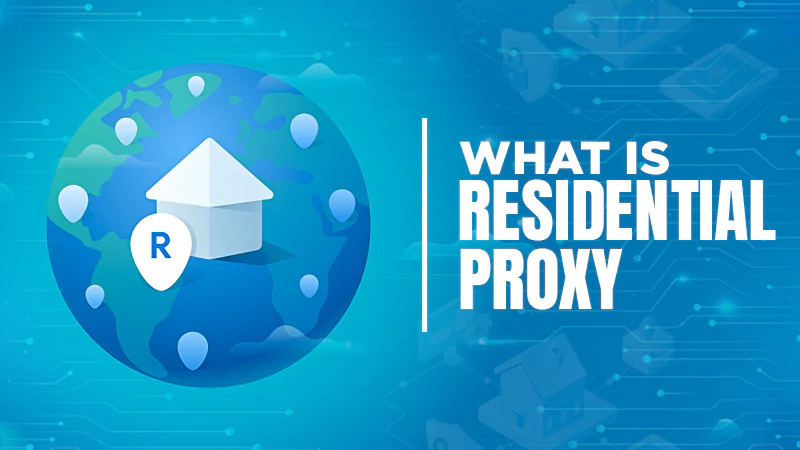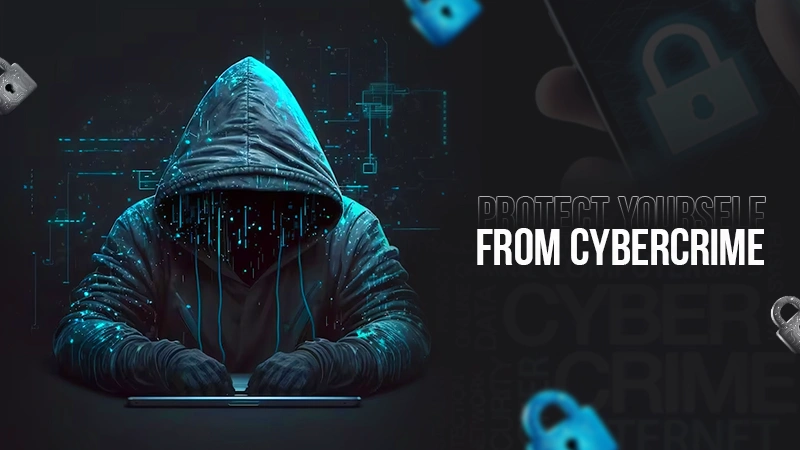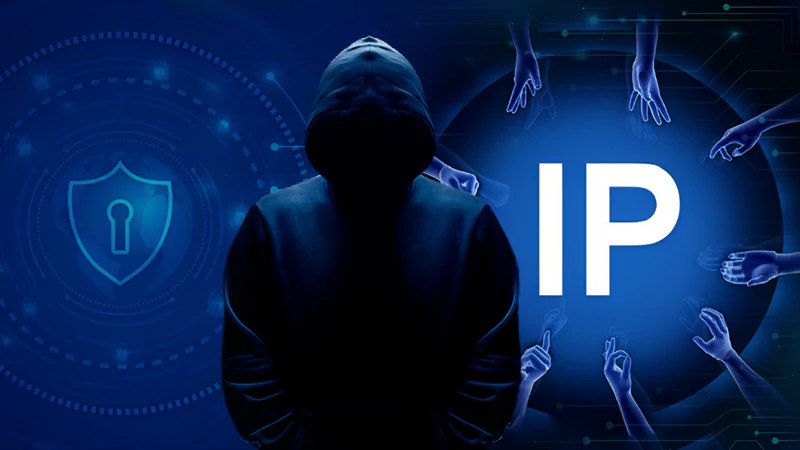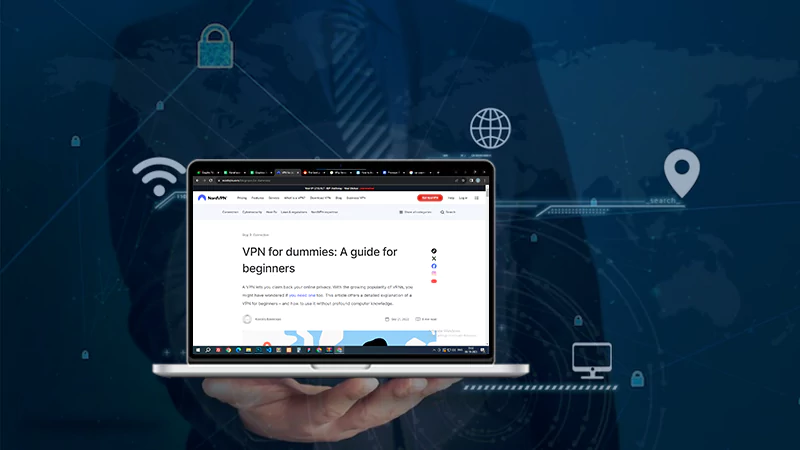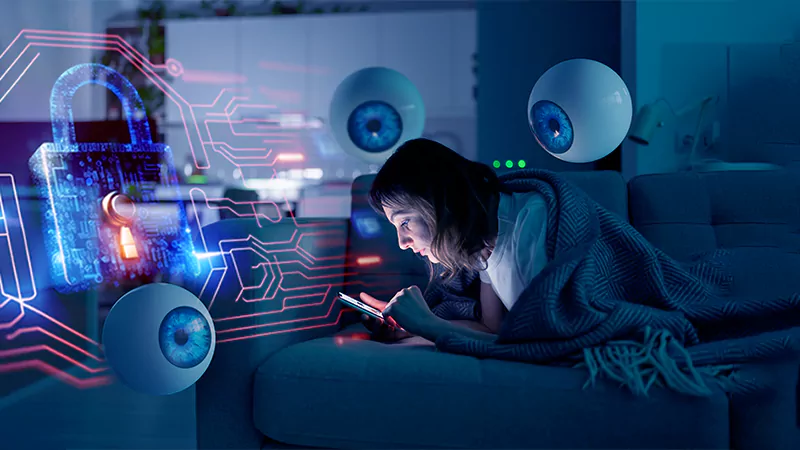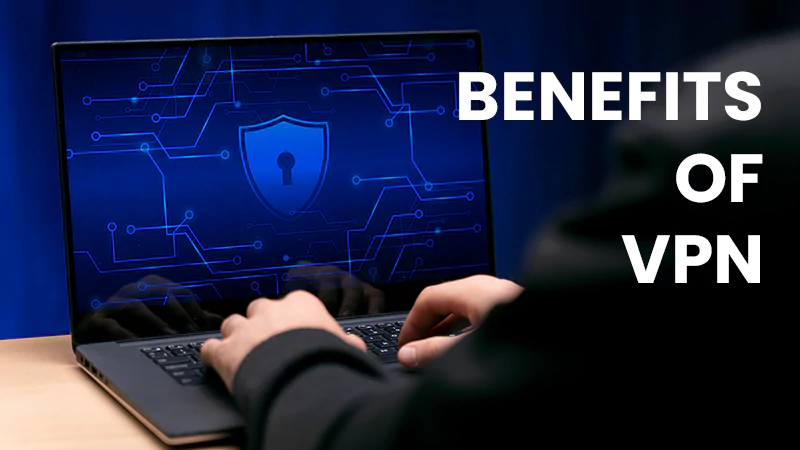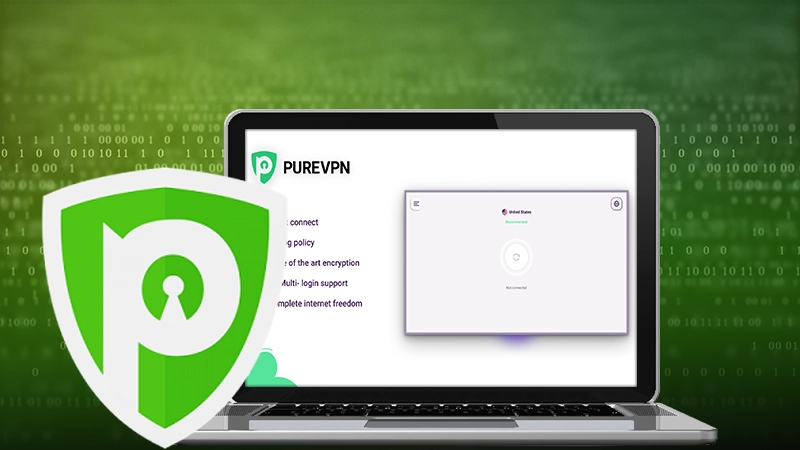Should You Get a VPN While Traveling?
The short answer: Yes.
With blended work comes blended vacation. You can no longer sign out from your work portal, come back two weeks from your vacation, and pick up from where you left off. No sir.
As work and everyday life become increasingly entwined with remote working becoming more common, the new normal is work traveling with you everywhere you go and with this the use of services like Surfshark has taken a sharp surge. Now, you can take a workaction in Bali, log in from a lush green resort, and sip margaritas while conducting your meetings—without using any of your leaves and this when a VPN comes into the scene.
Sounds tempting, doesn’t it? Well, good things come at high costs.
Even though traveling on the go while working and earning a steady income to fuel an in-the-air lifestyle is fun, the lack of cybersecurity while you’re working from different places remotely, comes into question-both for you and for your company.
Matters become even more complicated if you’re the employer with a remote team, having people log in to meetings and access confidential files from all over the world—it’s easy for volatile data to land in the wrong hands.
Given the growing concern regarding cybersecurity generally, it is crucial to ensure that your online assets are watertight and that no third parties can access any of your data. According to many security experts, using a USA VPN is the best answer to this paradox. This article will talk about why we think you should use a VPN while traveling.
VPNs Help Protect You from the Dangers of Public Wi-Fis
Public Wi-Fis are great. They are free, most of them are fast, and they are EVERYWHERE. While they are great for making a quick check into your email inbox, replying to a crucial query from your boss or client, and even catching a movie or episode on the go, they are not mainly the safest way to work.
Here’s the thing; public Wi-Fi networks are easy to use-but they are even easier to access. And once a hacker or a criminal has access to public Wi-Fi networks, they can easily access all connected devices, just like that. We don’t have to spell out how dangerous that could be for your business or work.
VPNs give you double-layered security to protect you from instances like this. First, they mask your IP address, making you invisible to hackers. And second, they also encrypt your internet traffic so that even if a hacker does manage to get into your data, they won’t be able to make sense of it.
You can Easily Access Blocked Websites
If you’ve been traveling for a bit, you’ve probably already noticed how certain websites seem to get inaccessible in some parts of the world. This is because of geo-blocking. Geo-blocking means that particular parts of the internet get blocked in different regions. These could include websites, content pieces like shows and movies, and even specific products.
Using a VPN, you can easily spoof your location to another country. This will help you bypass these geo-blocks and access any blocked websites where you’re currently living. This feature is handy if you’re in the research or marketing business since you’ll easily be able to monitor different regional markets.
Easily Access Your Local Netflix While Traveling
It’s no secret that the Netflix you can access and the Netflix that someone in another part of the world can access is different. This is why you probably don’t have access to many movies and TV shows available to Netflix users in some other part of the world.
While this generally works because Netflix regional libraries host shows and movies that would be of higher interest to the audience of a particular region, it puts you at a disadvantage if you’re traveling. All of a sudden, you no longer have access to all your favorite shows!
Luckily, for a VPN, this is no big deal. All you need to do is connect to a server in your own country and load up Netflix to restore access to all of your favorite shows.
Final Word
The bottom line is that USA VPNs are essential cybersecurity tools, and not having one installed on our devices is no longer an option amidst growing security concerns. When traveling, these concerns amplify, and you know how they say, better safe than sorry.
What Is Mobile Proxy And How Do They…
What Is Residential Proxy? Definition And Guide 2024
Protect Yourself from Cybercrime: Top 5 Smart Strategies…
Strategies for Cyber Success: Safeguarding and Managing Your…
Cybersecurity Course Online: Navigating the Digital Threat Terrain
Are You Being Spied On? 5 Reasons Why…
Fortifying Your Online Fortress: Unveiling the Best Paid…
The Imperative of Cybersecurity Integration in Front-End Development…
10 Tricks for Staying Cyber-Secure While Binge-Watching
Securing Your System: The Importance of Anti-Malware Software
Benefits of VPN for Enterprise Networks: Enhanced Security
PureVPN – The Best Streaming VPN


